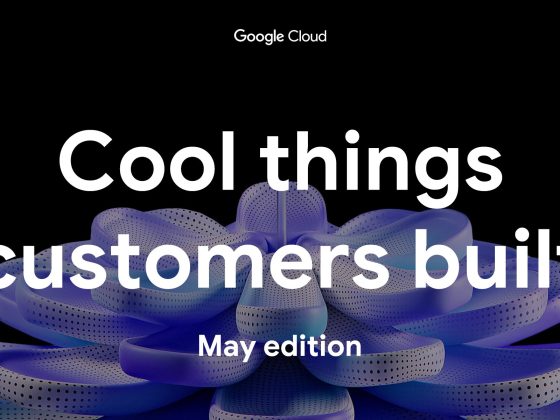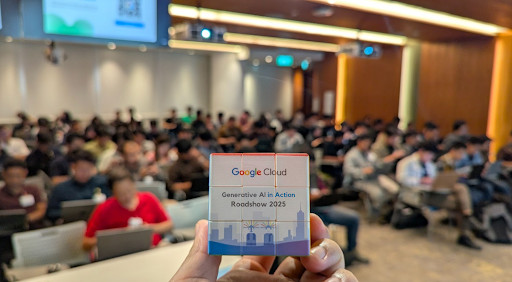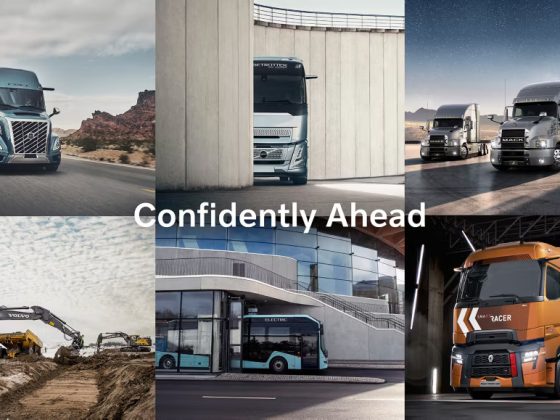
For many leaders, including myself, navigating hybrid work in APAC has opened our eyes to how the sociocultural landscape impacts the future of work. Unlike other regions, where flexible work has made inroads, navigating hybrid work in Asian markets comes with its own nuanced set of challenges.
From our partners:
We recently partnered with Economist Impact on a global hybrid work survey1 and as a follow-up to our post of last week, we uncovered some key findings unique to APAC. There were also several places where APAC was aligned with global results, including the need for new technologies that allow for time and location flexibility, and the need to improve the culture of trust between managers and employees in hybrid work settings.
The spike in hybrid work led to a productivity boost
For the first time during the pandemic, many people in APAC had the chance to work remotely, with nearly 43% of people finding themselves in a hybrid work arrangement. This is in stark contrast to pre-pandemic days when 78% of people had zero remote workdays in the week.
One major benefit of this shift is the boost we’ve seen to productivity. Working with teams across APAC, I’ve observed how telecommuting can save two to three hours of travel time for some people in the region. So it comes as no surprise that nearly 53% of people in APAC feel that employee productivity will be a significant benefit in a hybrid work model.
The hybrid work experience in APAC can still be improved
Yet for many people in APAC, working from home can also be a challenge due to the lack of a conducive space for work, or a poor technology set-up. Globally, 48% of people say that flexible work will have a positive impact on their physical environment and equipment. In APAC, only 35% of people feel that way. That gap suggests that there’s a need for a better tech-enabled remote work environment. In fact, about 48% of survey respondents in APAC feel that their employers should invest in improvements.
There are two extremes in APAC. In developed countries like Singapore, Korea, and Australia, the shift to hybrid work has been relatively smooth, thanks to a robust infrastructure and the availability of high-speed internet. In India, it’s a different story. During a conversation with a customer recently, I learned that many employees have to contend with unstable power supplies and/or patchy internet connections in some regions.
We also need to remember that a quiet, distraction-free space for remote work is not a given in all households. In many Asian households, people share a confined living space with parents, siblings, grandparents, or in-laws. The lack of a distraction-free workspace not only leads to frustration, it can also negatively impact productivity. So it’s clear that the office—or a dedicated space to work outside of the home—will continue to play an important role in the age of hybrid work in APAC.
Embracing a new mindset for flexible work
I fully appreciate that taking work with me when I visit home in South Africa is now possible with Google’s new hybrid work policy. But there is no one-size-fits-all hybrid model and each company’s flexible work arrangement depends on an organization’s culture. In APAC, survey respondents said that they want greater location flexibility (70%) and time flexibility (71%) — more than some companies are planning to provide.
While it’s great to see companies in Asia starting to roll out flexible work arrangements, leaders need to embrace a flexible, open mindset to ensure the success of hybrid work. To quote Prithwiraj Choudhury, associate professor of technology and operations management at Harvard Business School, and an expert in our hybrid work project with Economist Impact: “We cannot take the old set of processes, apply them to hybrid and expect them to work.” It’s just not sustainable.
Create a better hybrid work experience with Google Workspace
Having the right tech-enabled environment and access to a robust set of collaboration tools that work from anywhere are the building blocks for employee success in a hybrid work model. Google Workspace not only allows people to work securely from any device, it helps people stay productive wherever they are. Offline features in Gmail or Google Docs, for example, mean that people can keep working even when the internet connection drops—a common bugbear in some parts of APAC. And low bandwidth can also be accommodated in Google Meet.
We also aim to create more inclusive meetings in Google Meet with features like hand-raise, Q&A, and polls. And to keep everyone part of the discussion, we’re adding companion mode (in preview), giving participants in the office and working remotely access to all the interactive features of Google Meet. Existing features like chat, which is increasingly popular in APAC, also boosts inclusivity. Instead of coming off mute in meetings, participants who are less vocal or face language barriers often use chat to add their opinions.
Nearly 66% of people from our survey in APAC say being inhibited from spontaneous collaboration negatively impacts collaboration with their co-workers. With tighter integrations between our collaboration and communication tools, people can engage in more spontaneous work interactions. For instance, it will soon be possible to start a Google Meet call from a document everyone is working on, so co-workers see and hear each other during their collaboration (feature in preview).
It’s an experimental time ahead for many leaders as we navigate this new reality of hybrid work. With APAC’s unique sociocultural landscape, we can’t copy how other global companies are building their hybrid work models. Instead, we can understand the features that make APAC unique and tailor a sustainable and successful hybrid work model for the region and its workforce. Google Workspace will be a central part of that mission.
1. Survey details: The survey, completed in October 2021, polled a total of 1,244 employees and managers in four regions (North America, Europe, APAC, and Latin America), from more than 15 industries, in every age group, and from both small and large organizations. The focus was on knowledge workers, though it’s important to note that some of those people have been working on the frontlines; 20% of respondents indicated they haven’t worked remotely at all during the pandemic. This includes people in hospitality, retail, transportation and logistics, and healthcare.
By: Heather Emslie (Director, Google Workspace, Asia Pacific)
Source: Google Cloud Blog
For enquiries, product placements, sponsorships, and collaborations, connect with us at [email protected]. We'd love to hear from you!
Our humans need coffee too! Your support is highly appreciated, thank you!








